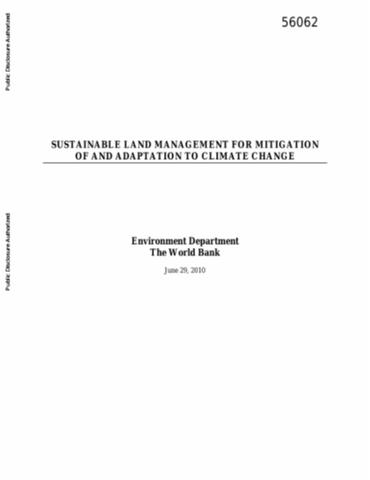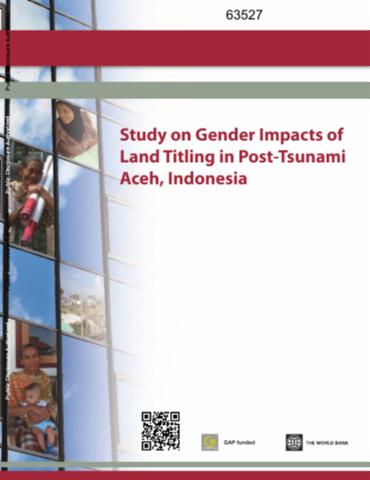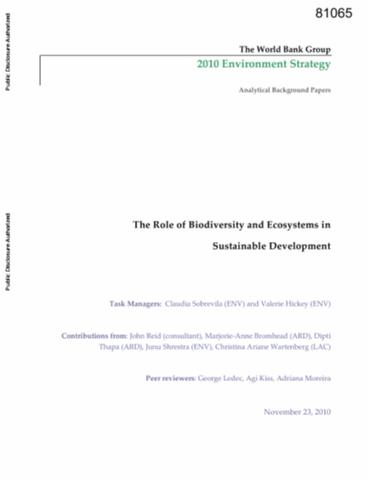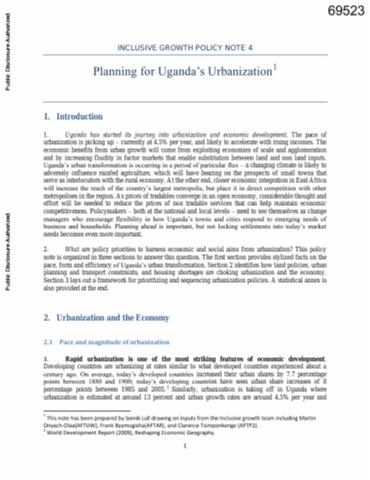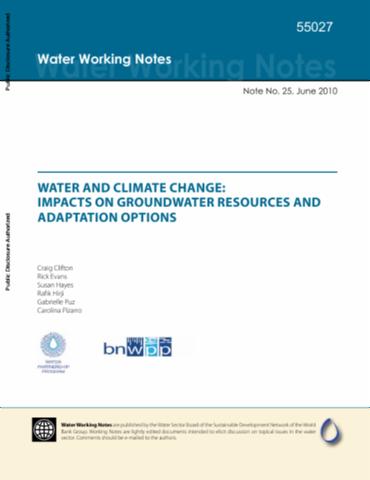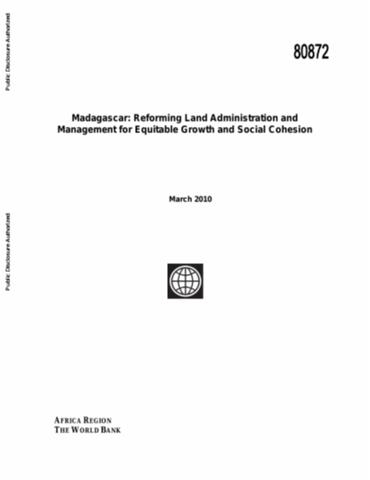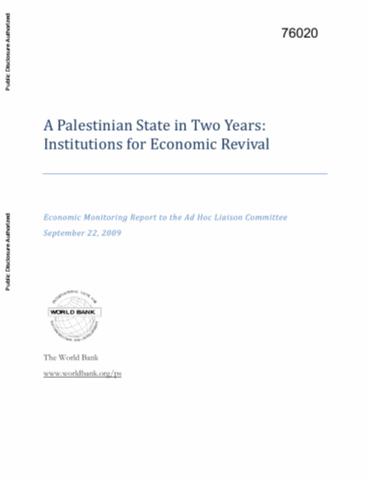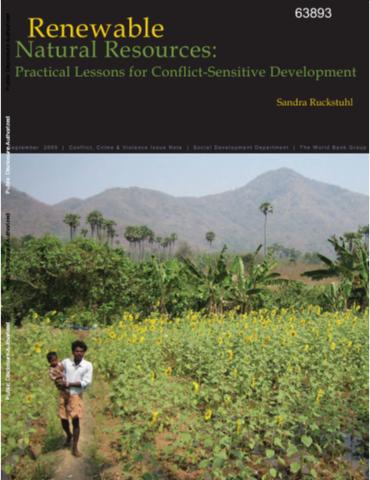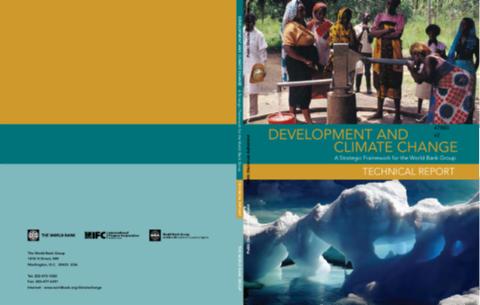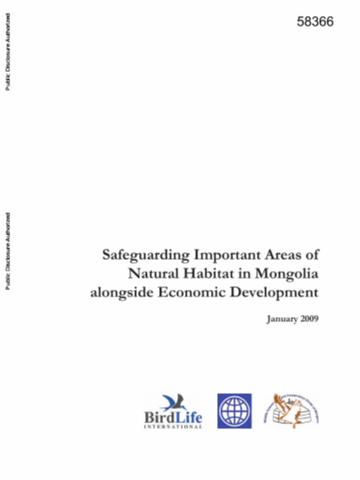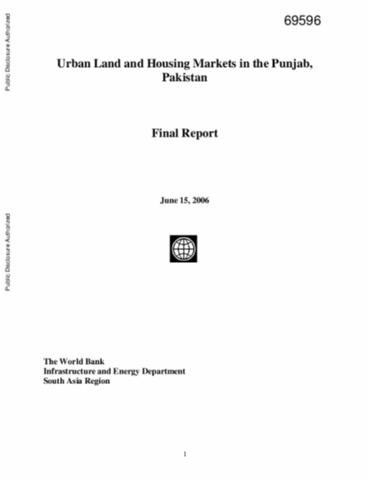Sustainable Land Management for Mitigation of and Adaptation to Climate Change
The climate change (CC) caused by increase in atmospheric concentration of CO2 and other Greenhouse Gases (GHGs), can be addressed through adaptation and mitigation strategies. Adaptation consists of strategies which minimize vulnerability to CC. The objective is to increase resilience of the ecosystems and communities through adoption of specific sustainable land management (SLM) techniques that have adaptive benefits. On the other hand, the goal of mitigation strategies is to enhance soil and vegetation (land) sinks for absorbing atmospheric CO2 and to minimize net emissions.

